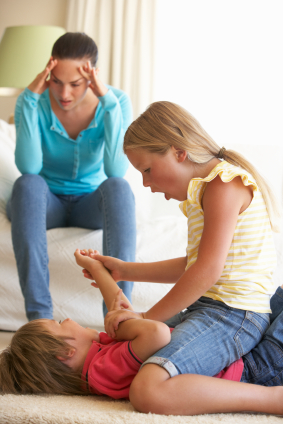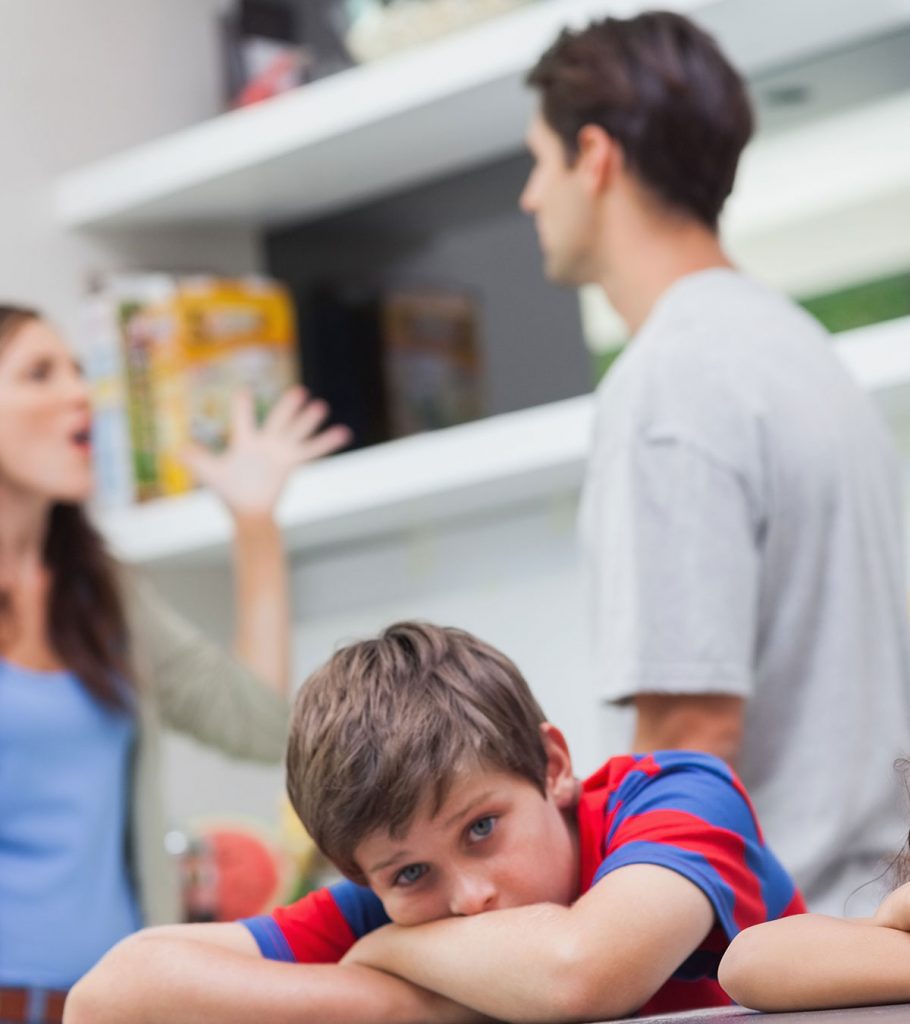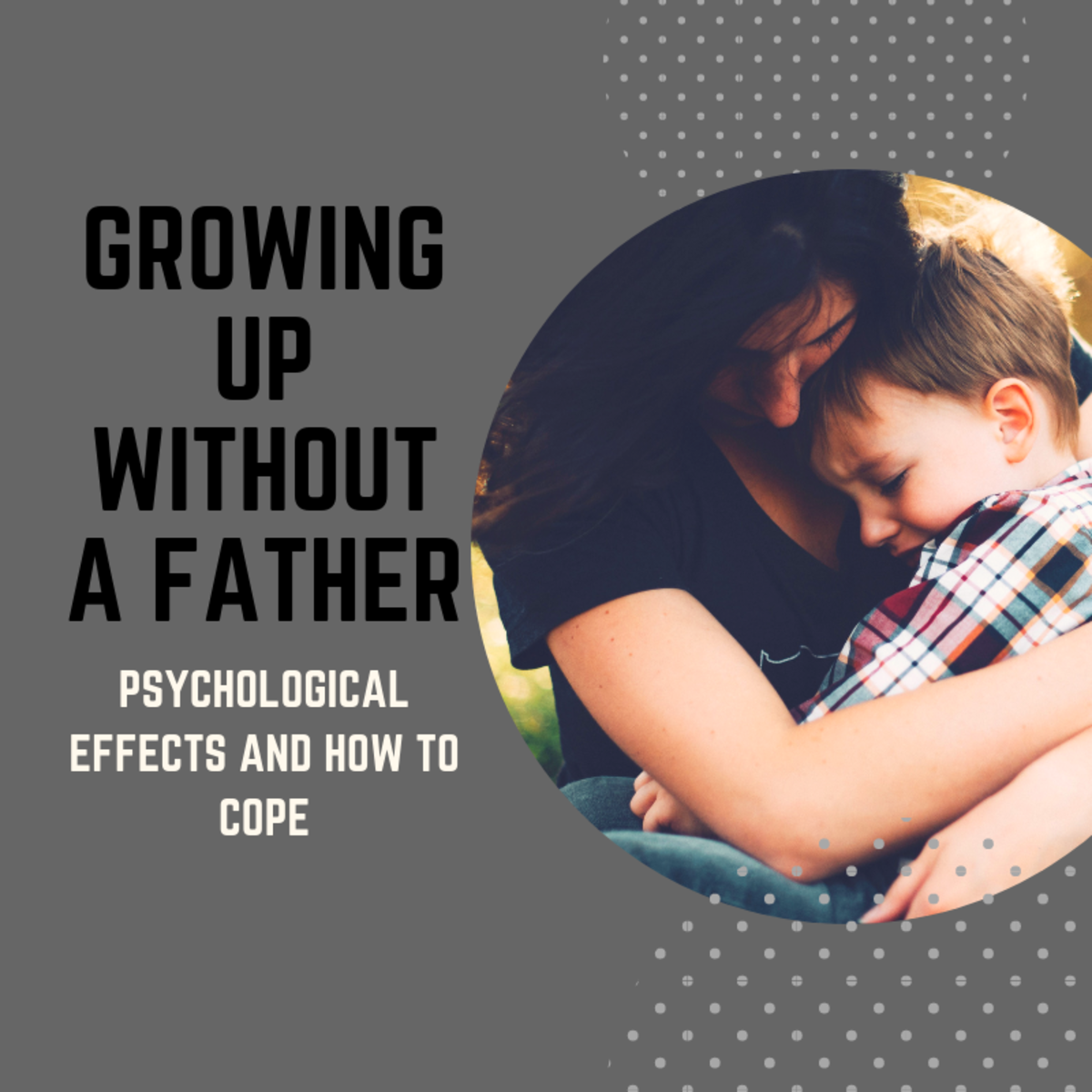


While the closeness of the children to the situation may give them special insight, it may also blind them to what is really happening.Six-year-old Ravi asked his school security guard, "I am scared to go back home, watchman uncle. "It had become apparent to her that she was more dependent," he said. He expected her to resist the idea since she had been highly independent all her life. "But they have to realize that just as they may be feeling awkward, their parents may be feeling helpless."īodin recalled a time when he told his widowed mother to move into his home because he was concerned for her physical safety after she had suffered a stroke. Bodin, a family psychologist and co-director of training at the Mental Research Institute in Palo Alto, Calif. "The children may feel out of place," said Dr. But parents' behavior and decisions are generally considered none of their children's business. It is taken for granted that parents will set limits and expectations for their children's behavior, especially when those children are young or still living at home. One reason for the discomfort is that telling parents what to do about important issues is contrary to the established parent-child relationship. The children may feel manipulated as pawns in battles that are not their own. One may be depressed and unwilling to seek help. It is a dramatic step most often triggered when adult children feel hurt by their parents, or when they feel the parents may be hurting themselves. "They seem more relaxed with each other and with the family."įor most adult children, intervening in the serious problems of their parents' lives can be awkward or even frightening. "But they're talking to each other a lot more," Ms. The meeting was effective, but the results were not what the children had expected. "I told my parents that I was tired and frustrated by their fighting and their unwillingness to work on their relationships with each other and with us." "We were all scared to death because we didn't know what would happen," she continued. "We got together in late November to discuss our feelings and map out our strategy." A few weeks later they met with their parents.

"We didn't want to spend another Christmas with all the tension and pretending," said Ms. Barrett, her sister and two brothers, all in their 20s, decided to confront their parents about the fighting and the effect it was having on everyone in the family.

The battles weren't constant, but they were regular and set the tone for family get-togethers and holiday celebrations. Jeanne Barrett says her parents have been fighting for as long as she can remember. You can listen and support them and voice your opinions, but you can't solve their problems or parent them." "You're too close and you have needs of your own. "You can't be a therapist for your parents," Emery said.
#SIDE EFFECTS OF CHILDREN GROWING UP WITH PARENTS WHO FIGHT PROFESSIONAL#
No matter what your professional credentials or experience, remember that your parents will view you first and foremost as their children. Robert Emery, an associate professor of psychology at the University of Virginia who studies children's involvement in family conflicts. "Try to develop an emotional alliance with both parents, but at the same time avoid a strategic alliance with either one," advised Dr. If you do take sides, the focus of your concern may be lost among arguments about your loyalty. If your parents are fighting, try not to take sides. Florence Kaslow, the director of the Florida Couples and Family Institute in West Palm Beach, and a past president of the division of family psychology of the American Psychological Association. "If all the children form a united front, the parents can't play them off against each other," said Dr. This is especially important if you are worried about your parents' safety because one or both of them is abusing alcohol or other drugs.


 0 kommentar(er)
0 kommentar(er)
